Crisis Management for Resilience and Adaptation in Times of Fiscal Uncertainty
May 22, 2025Organizations must be prepared to navigate financial challenges in an era marked by economic
volatility with agility and foresight. This timely webinar explores effective crisis management
strategies to help leaders and teams build resilience, maintain operational continuity, and adapt to fiscal uncertainty.
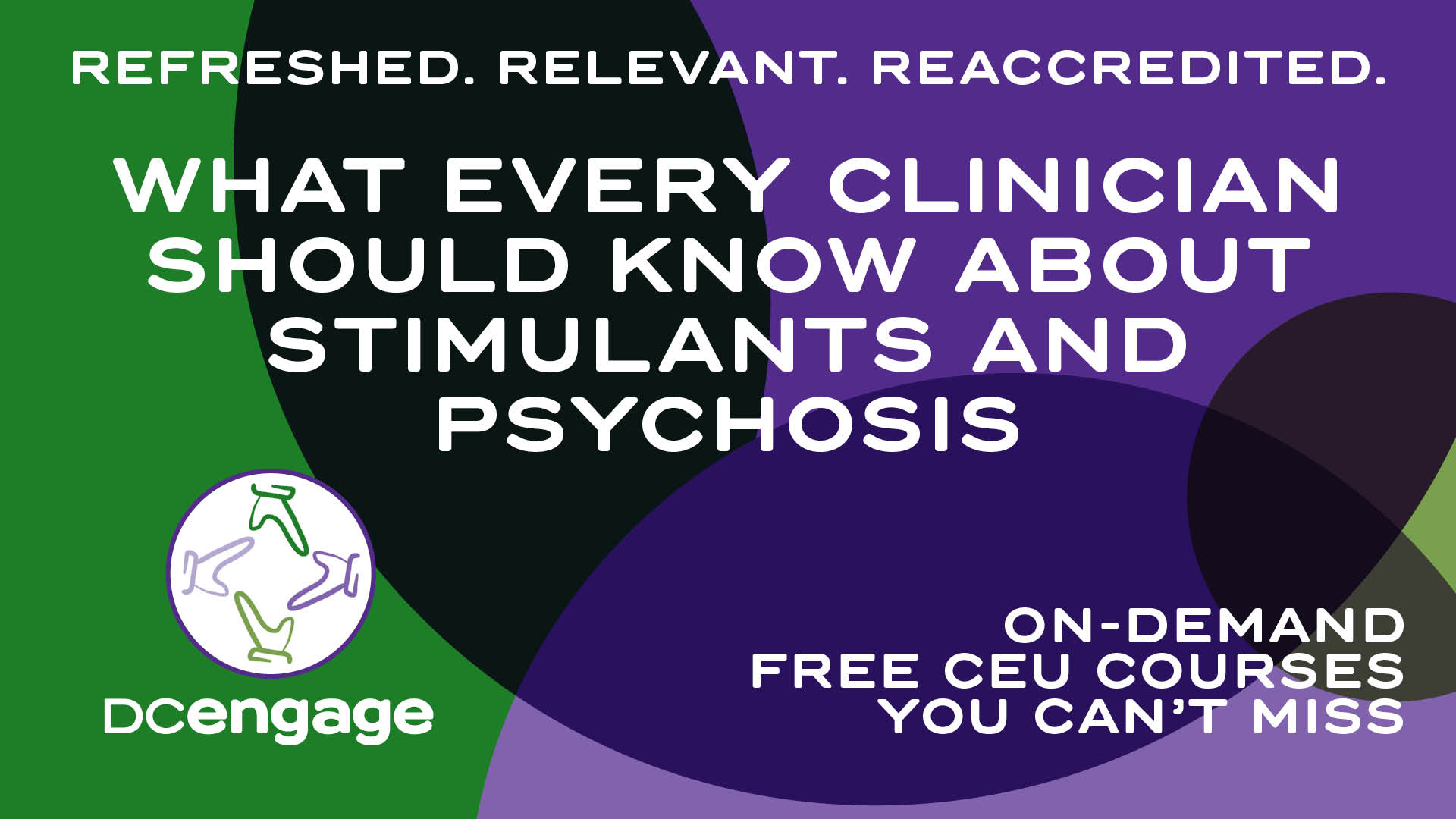
Stimulants and Psychosis: Prescription Stimulant Misuse and Abuse
May 9, 2025This course gives providers the tools necessary to better identify prescription stimulant misuse and abuse and how to address these concerns before they develop into chronic issues.

Stimulants and Psychosis: Etiology, Epidemiology, and Management
This course highlights the prevalence and causes of stimulant-based psychosis, describes how to care for a patient experiencing stimulant-based psychosis, and provides resources for individuals who experience this type of psychosis.
Needs of Returning Citizens with Substance Use Disorders
This module covers the various health and social needs of previously incarcerated individuals with substance use disorders upon returning home to their Washington, D.C. communities.
Cocaine and Methamphetamine Use: Strategies for Addressing Acute Intoxication and Withdrawal
This course discusses the addiction hypothesis behind cocaine and methamphetamine use in order to provide strategies for addressing intoxication and withdrawal.
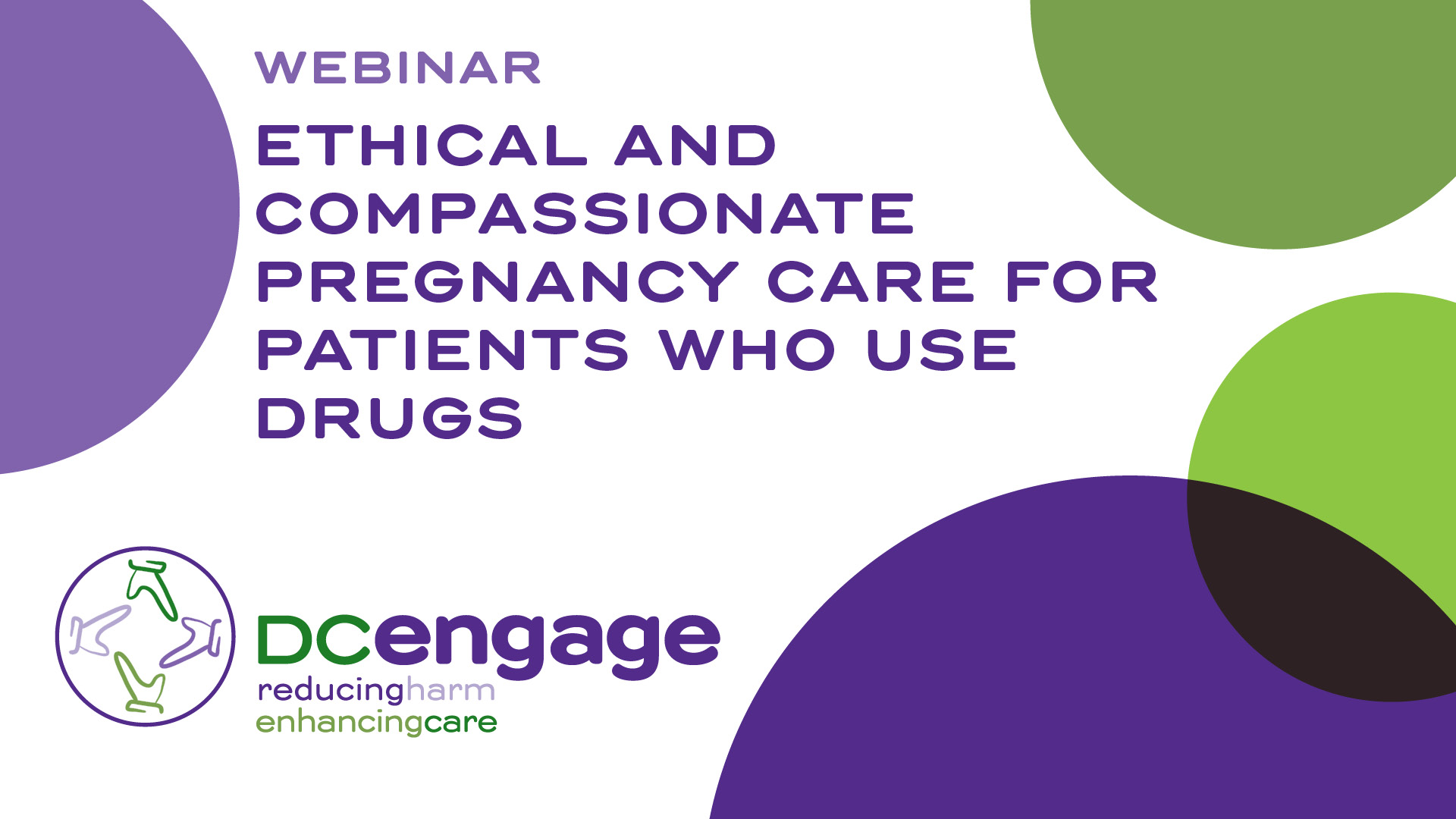
Ethical and Compassionate Pregnancy Care for Patients Who Use Drugs
April 10, 2025This webinar will explore the ethical and compassionate approaches needed to provide effective care during pregnancy for patients who are using drugs. Focusing on both the health of the patient and their baby, faculty will examine the importance of nonjudgmental, evidence-based practices that support harm reduction, informed choice, and autonomy.
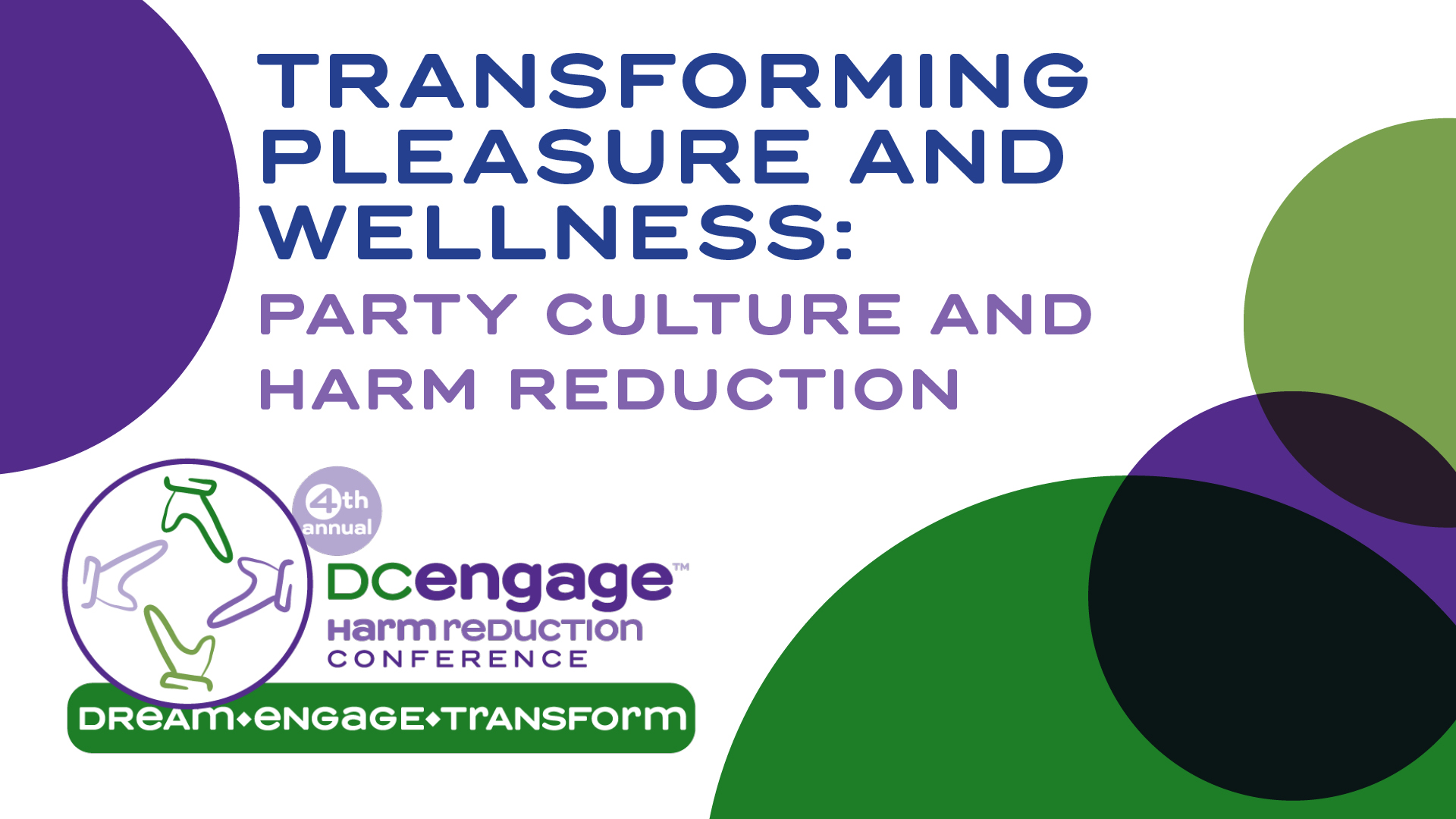
Transforming Pleasure and Wellness: Party Culture and Harm Reduction
April 1, 2025This panel discussion explores the intersection of pleasure, party culture, and harm reduction. Panelists will share insights on fostering wellness, promoting safety, and addressing substance use in social settings, emphasizing inclusive, judgment-free strategies to support informed and empowered choices.
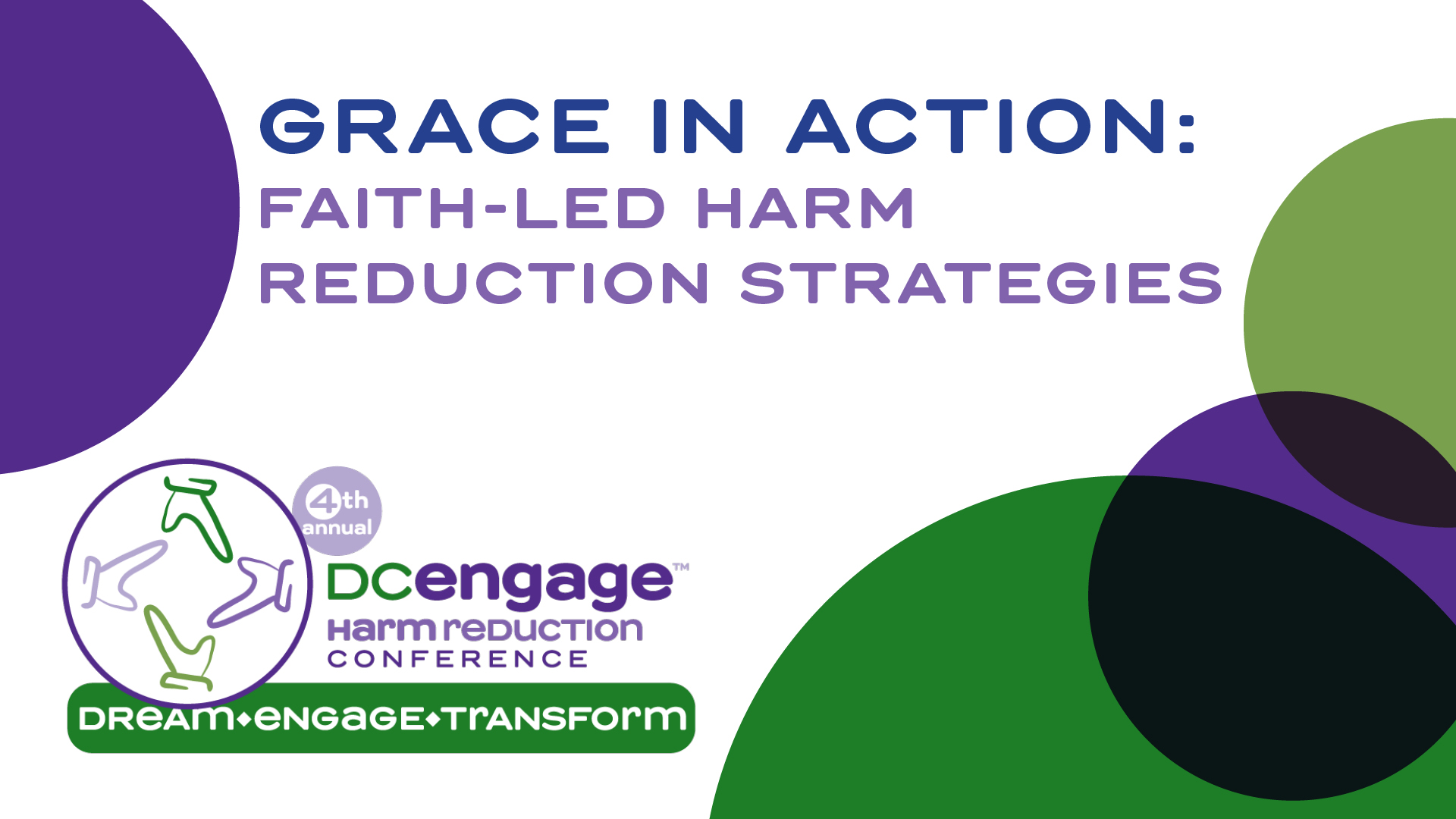
Grace in Action: Faith-Led Harm Reduction Strategies
This session explores the role of faith communities in advancing harm reduction principles. It highlights compassionate, inclusive approaches rooted in faith-based values to support individuals on their journey toward healing and wellness, fostering trust, dignity, and meaningful engagement within spiritual contexts.
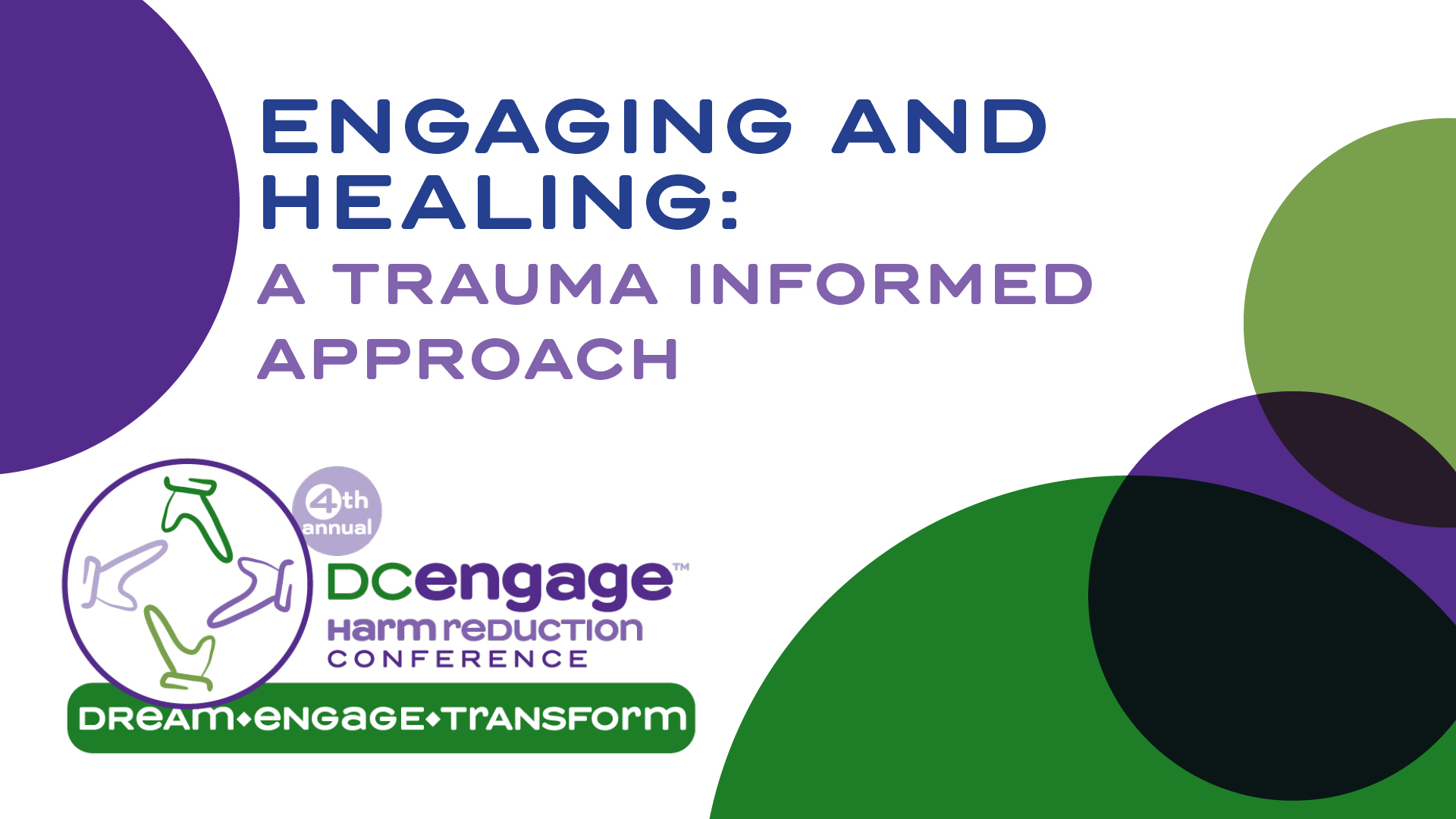
Engaging and Healing: A Trauma Informed Approach
This session provides an in-depth exploration of trauma-informed care, emphasizing the importance of recognizing trauma’s pervasive impact and integrating responsive practices. Participants will gain insights into fostering trust, promoting safety, and empowering individuals through culturally sensitive, evidence-based approaches that prioritize healing and resilience.
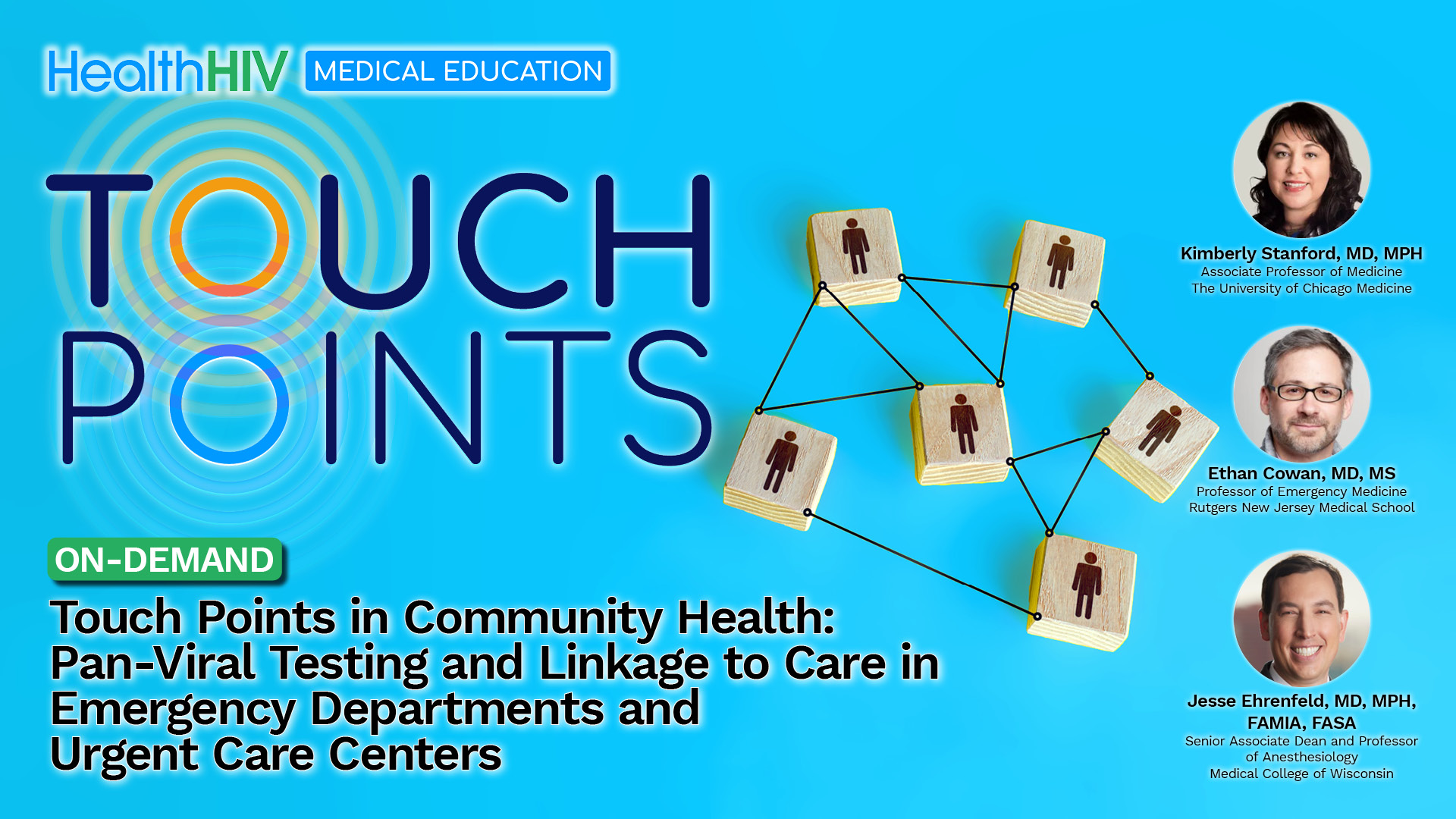
Touch Points in Community Health: Pan-Viral Testing and Linkage to Care in Emergency Departments and Urgent Care Centers
March 4, 2025Join HealthHIV and expert panelists for an interactive live webinar to exchange ideas on opportunities and challenges of implementing pan-viral testing and linkage to care within Emergency Departments and Urgent Care Centers. Emergency medicine physicians will discuss the need for pan-viral (HIV, HBV, HCV, and STIs) testing and linkage to care in EDs and UCCs, and share evidence-based standards of care for pan-viral testing.
Breaking Barriers: HIV Awareness, Prevention, and Advocacy for Black Women and Girls
December 15, 2024This on-demand activity will explore these complex determinants and highlight effective strategies for raising HIV awareness, improving screening, and enhancing prevention efforts within Black communities.
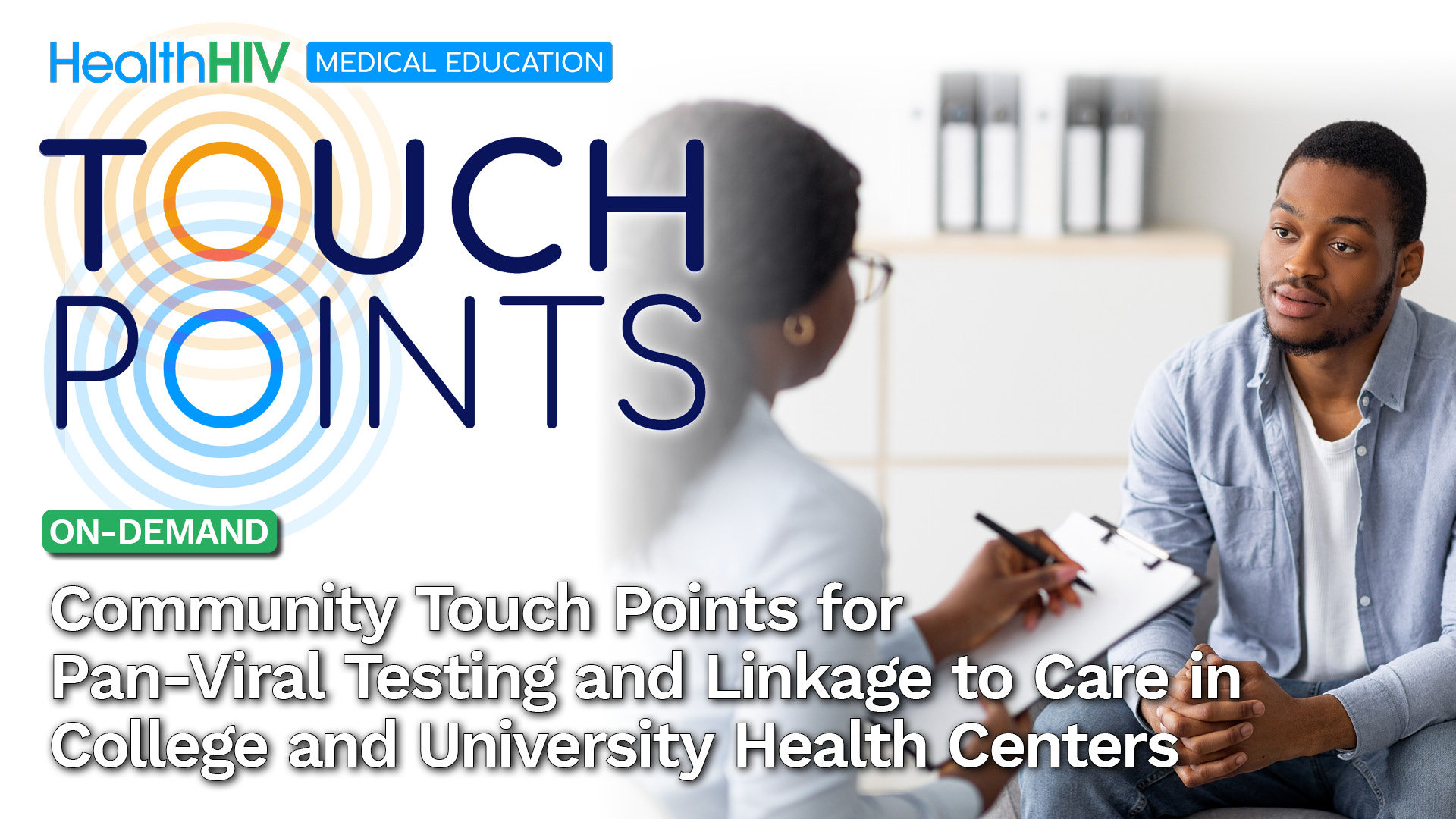
Community Touch Points for Pan-Viral Testing and Linkage to Care in College and University Health Centers
December 4, 2024Join HealthHIV and expert panelists for an interactive webinar to exchange ideas on opportunities and challenges of implementing pan-viral testing and linkage to care within student health centers and university health centers.

